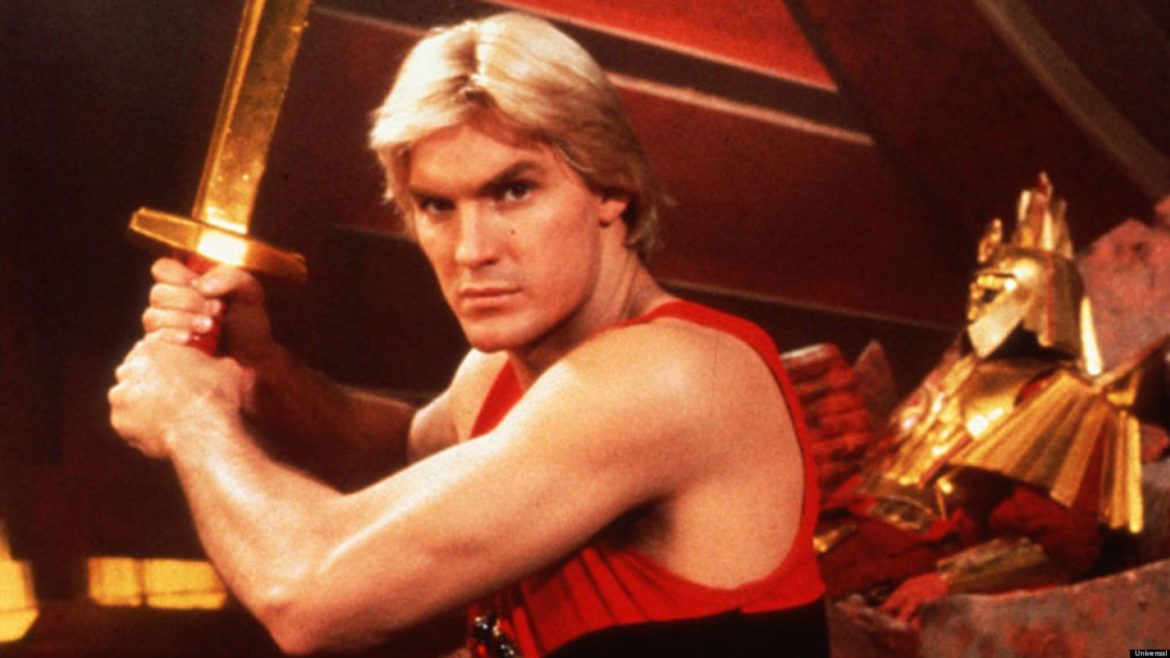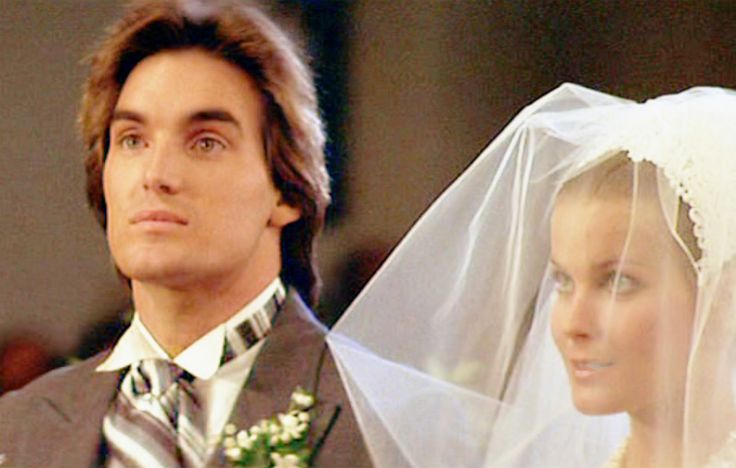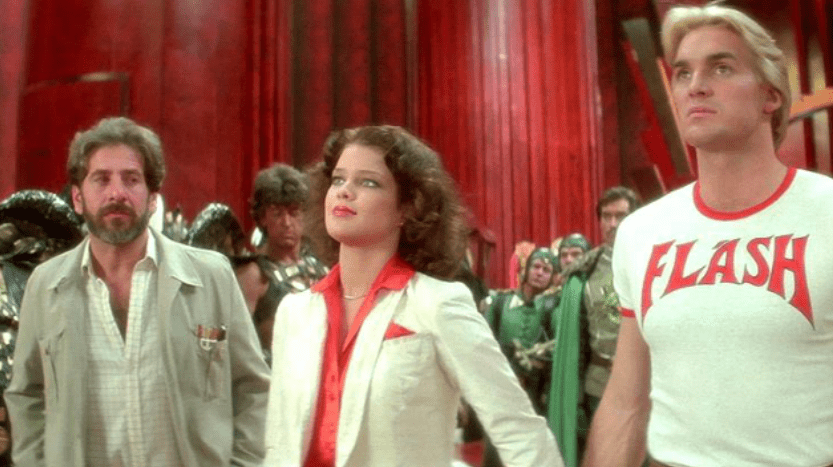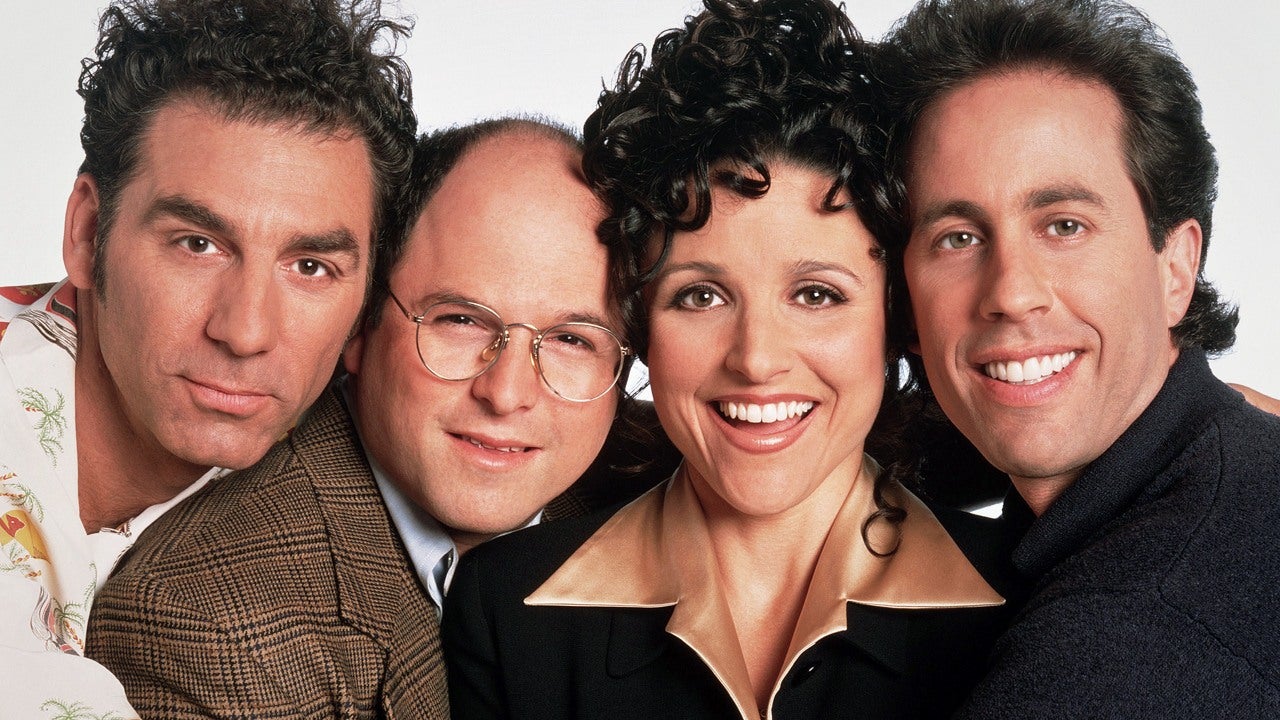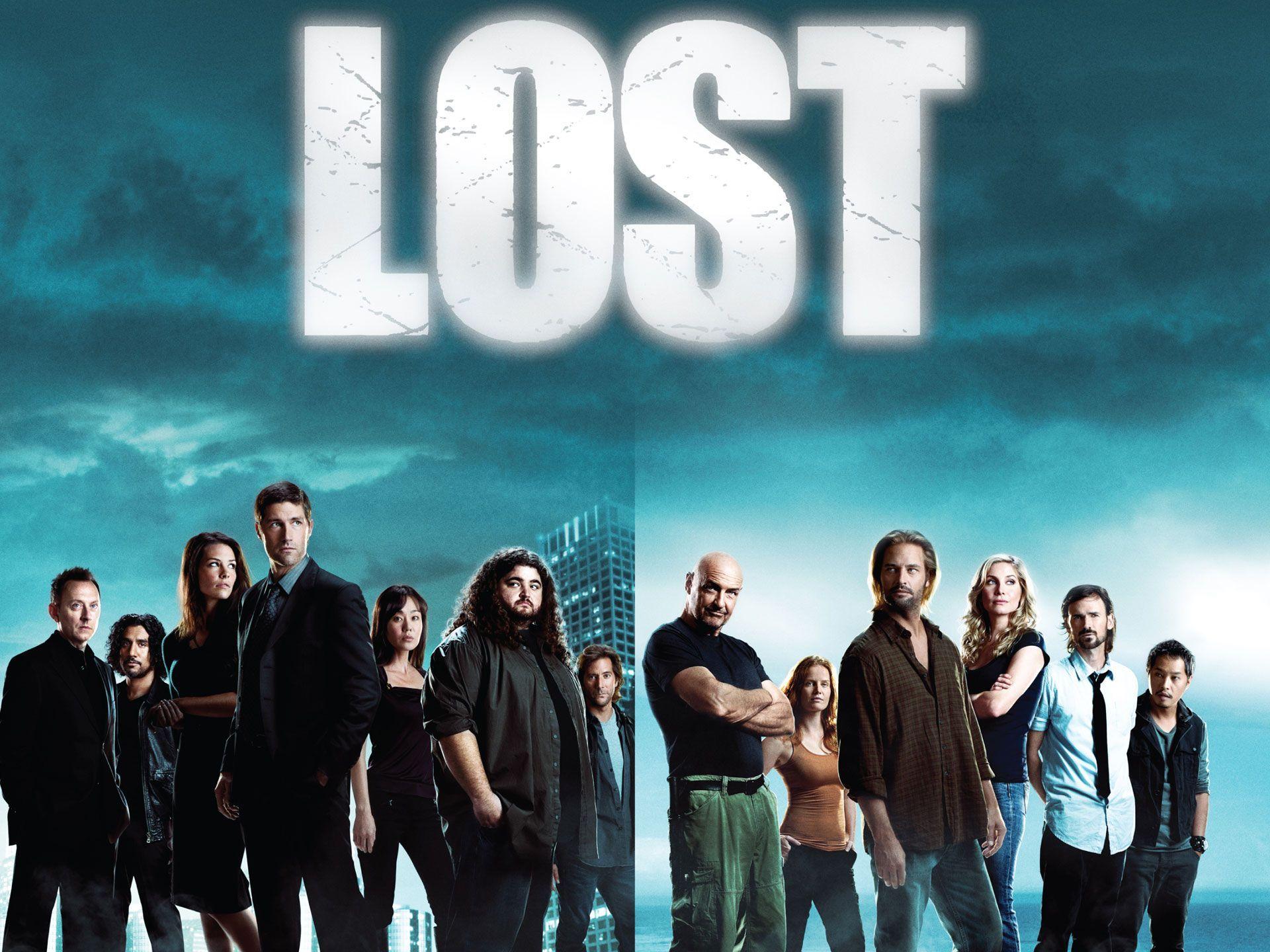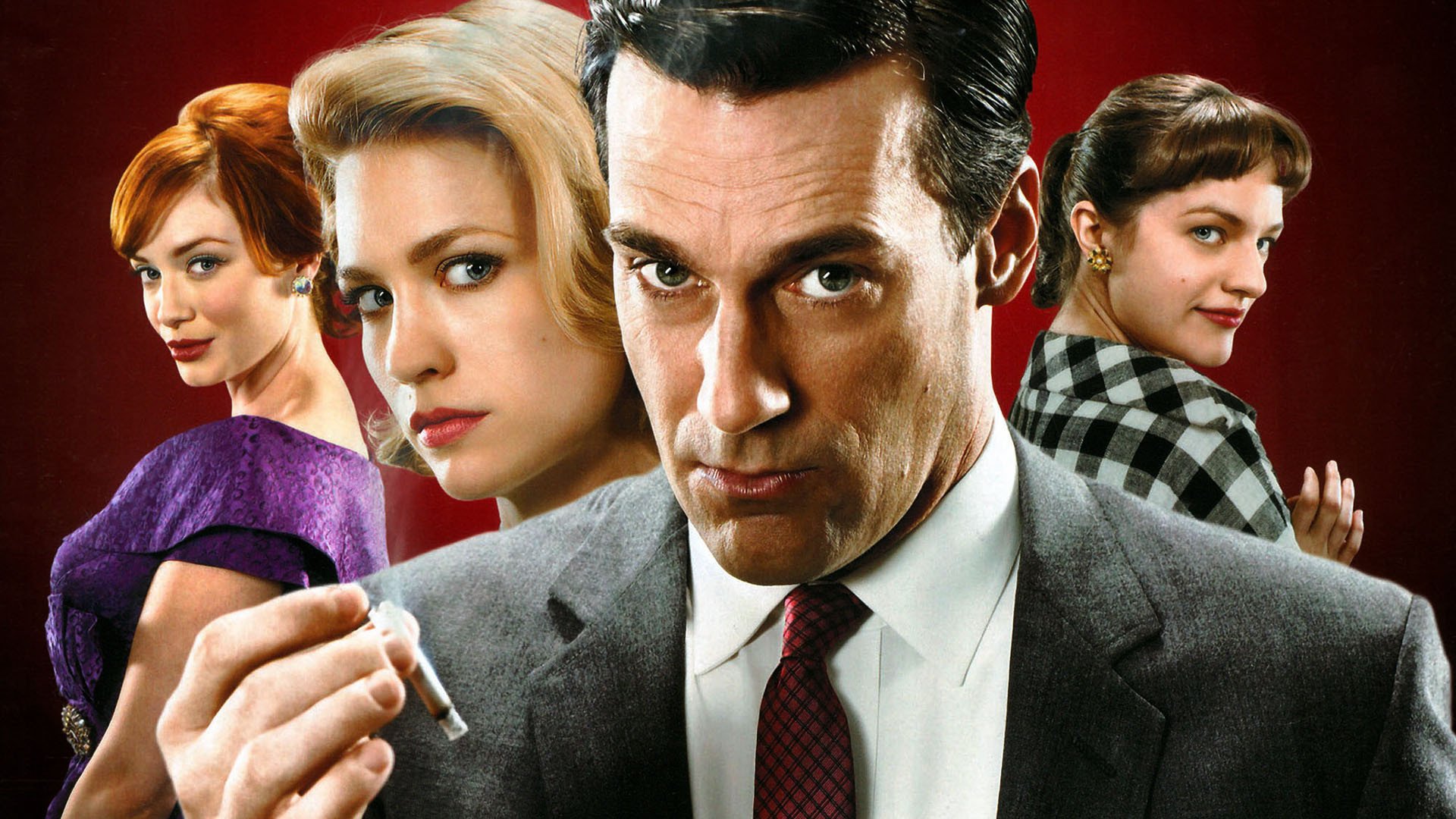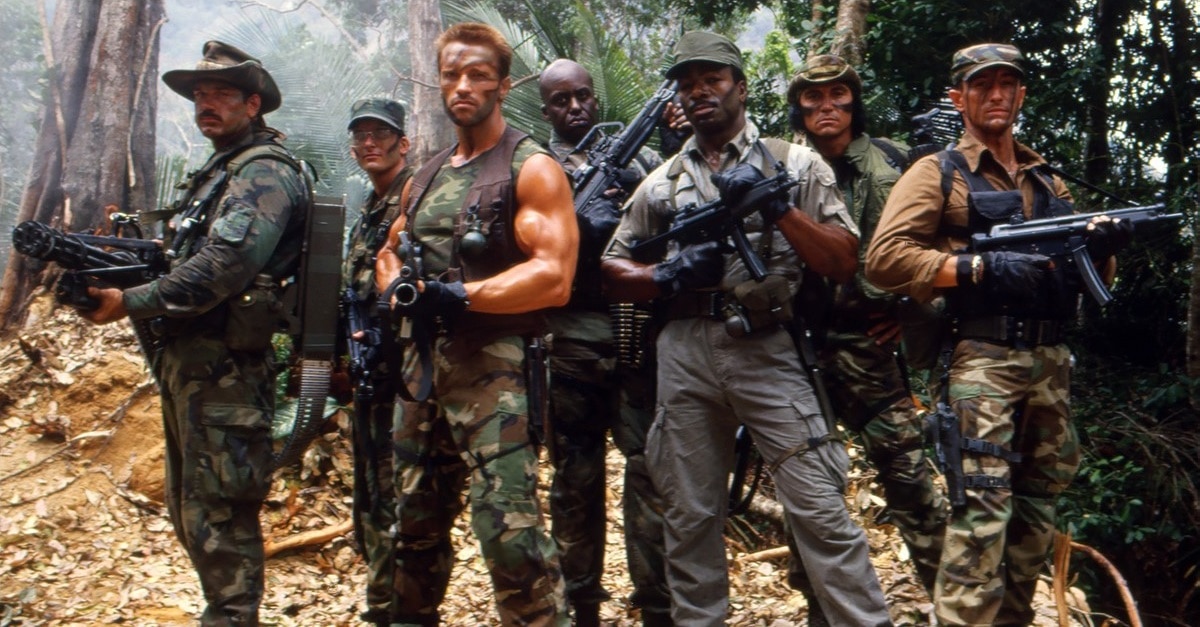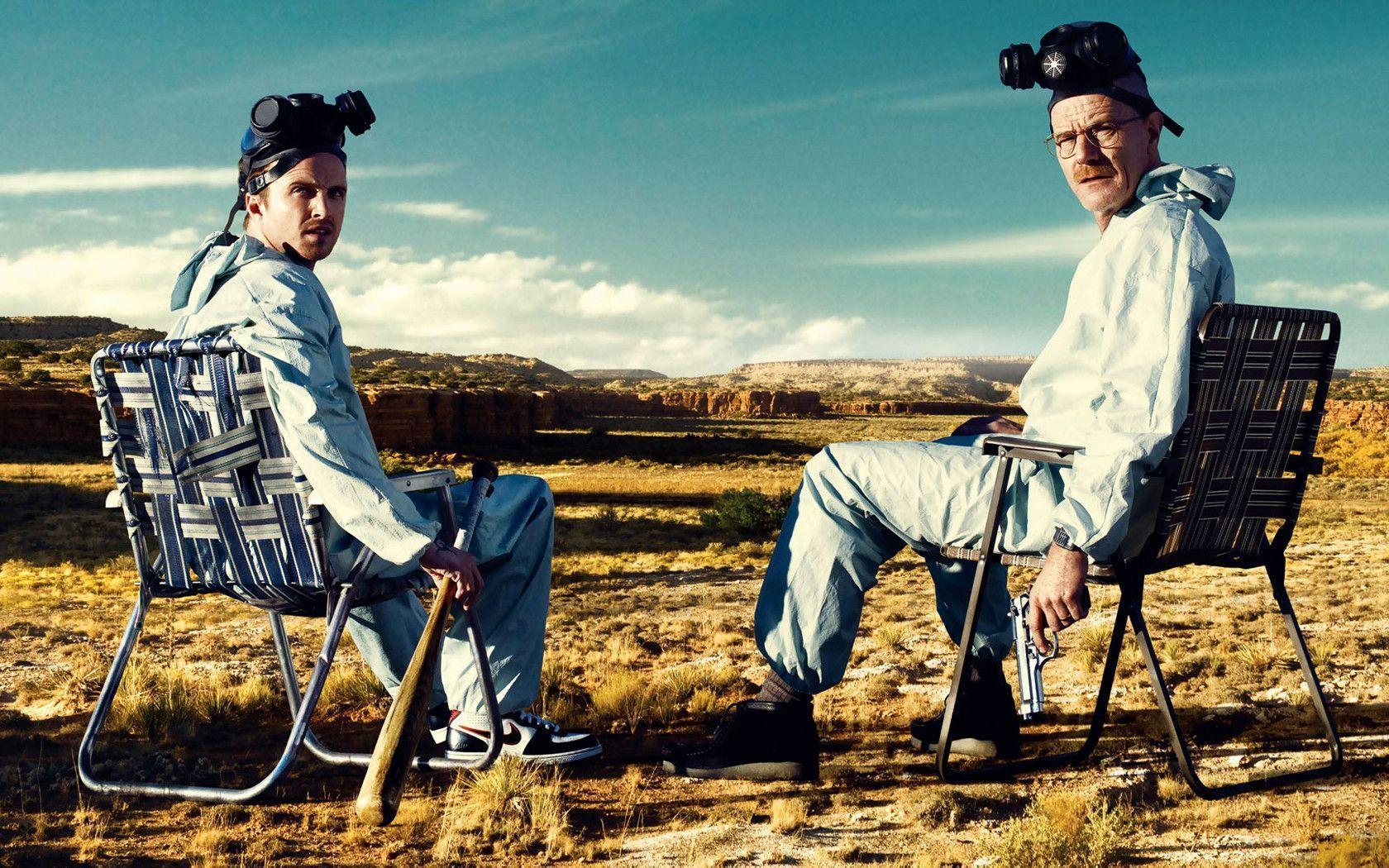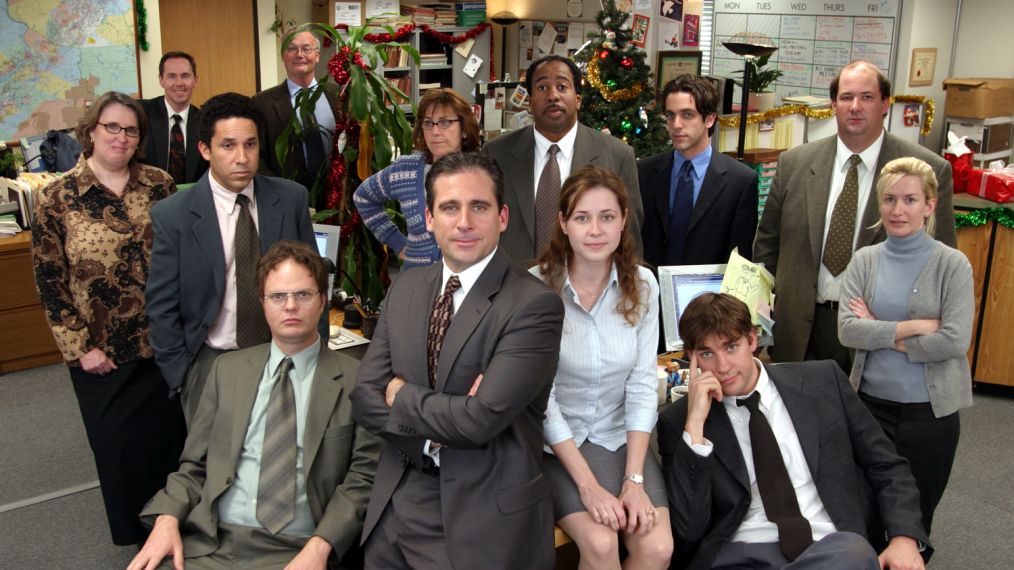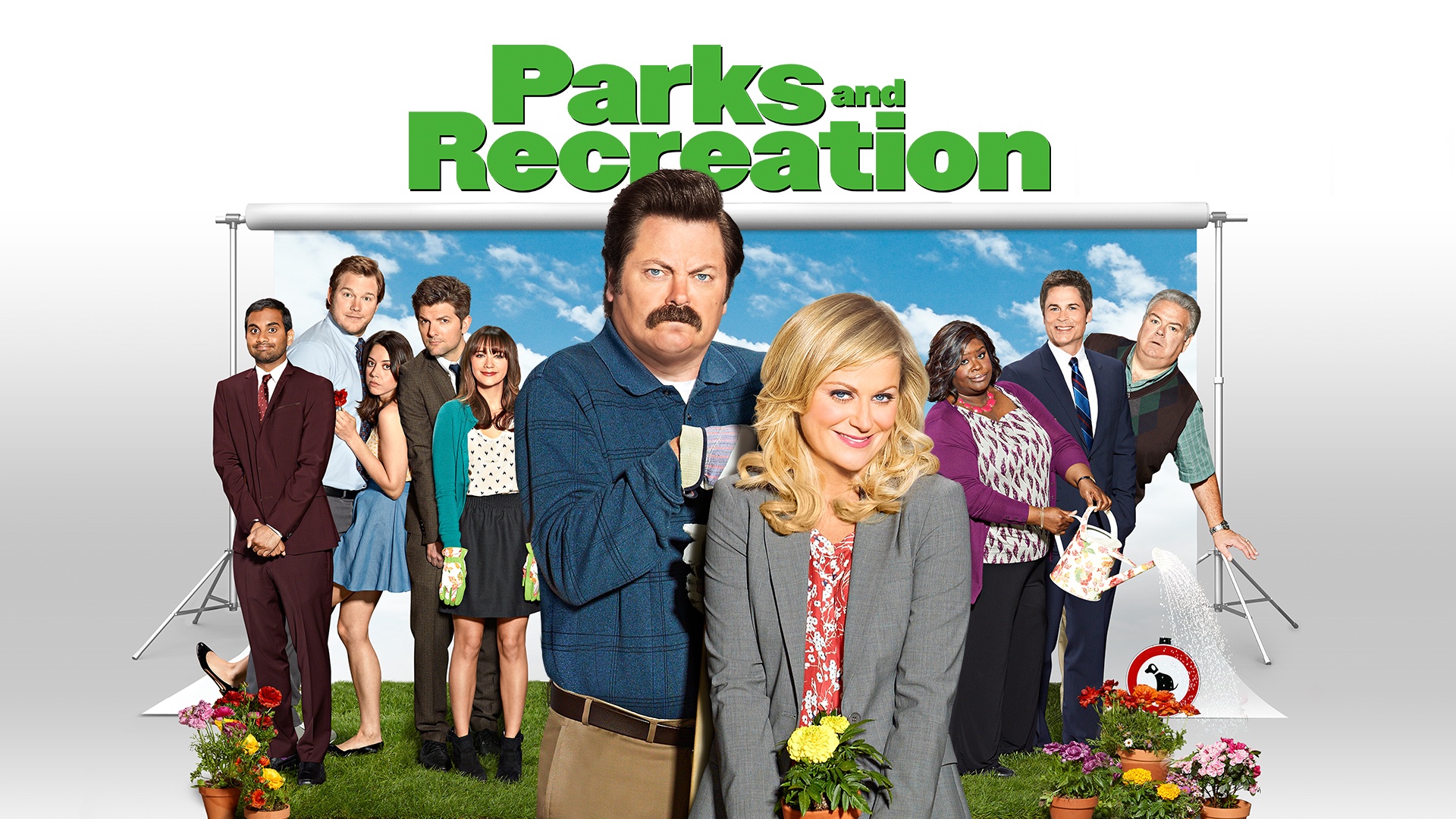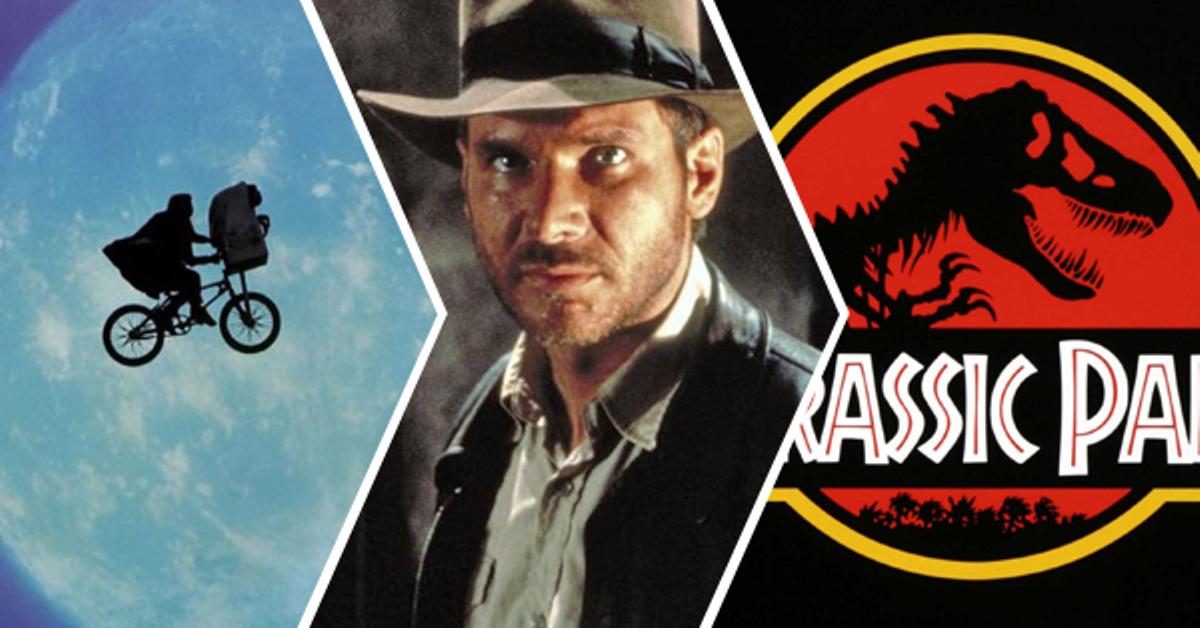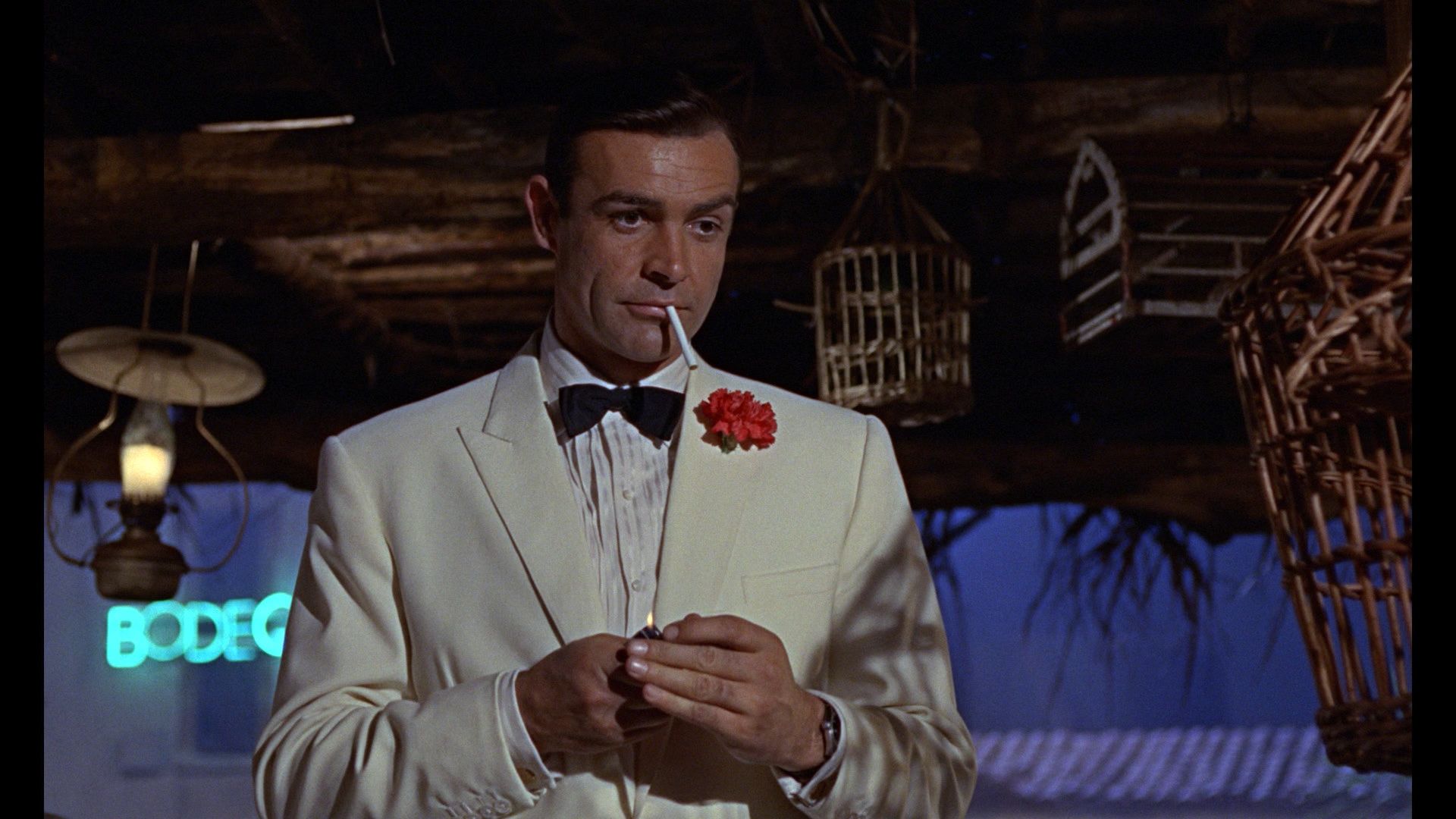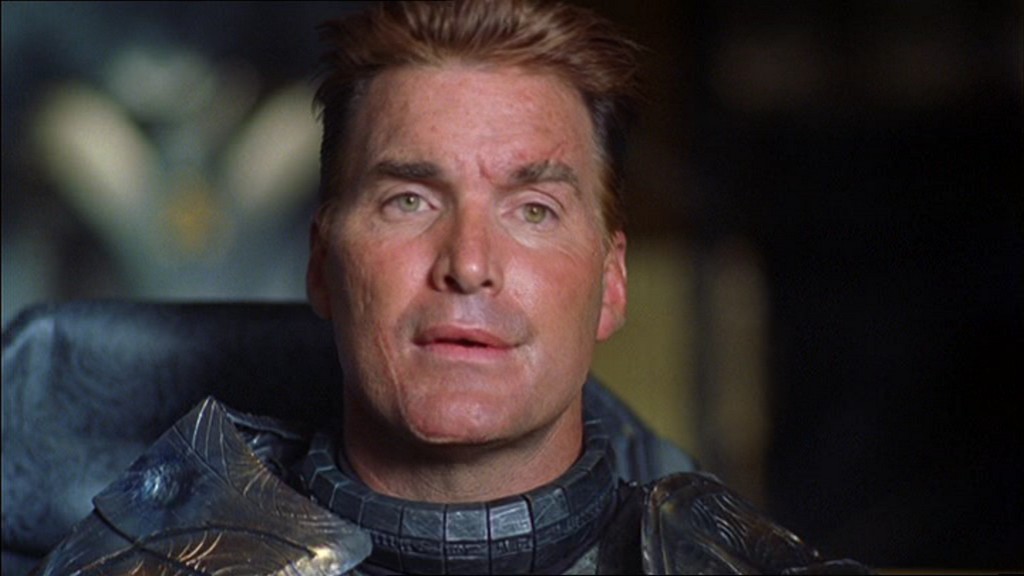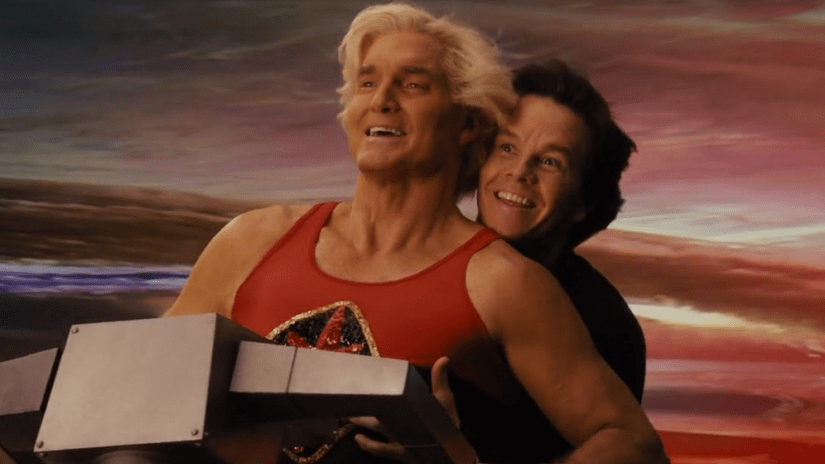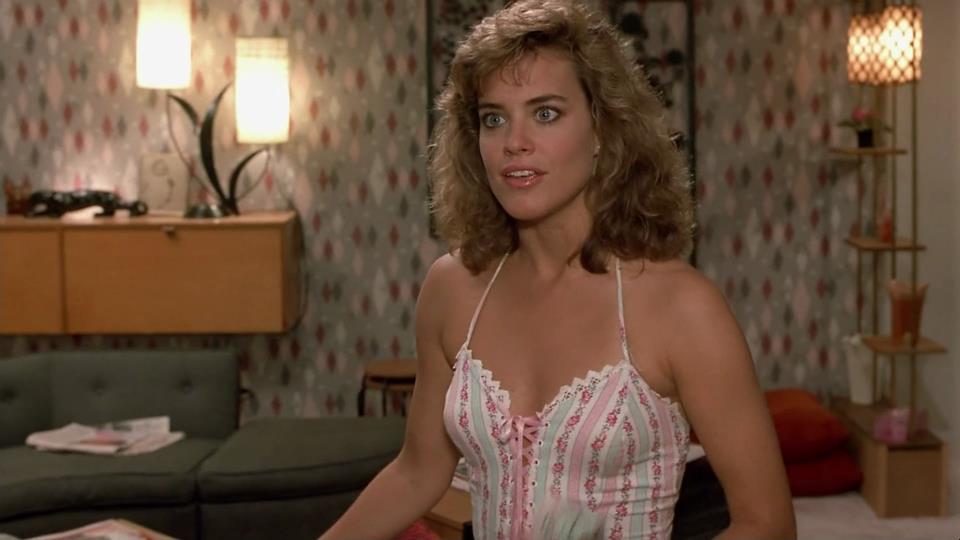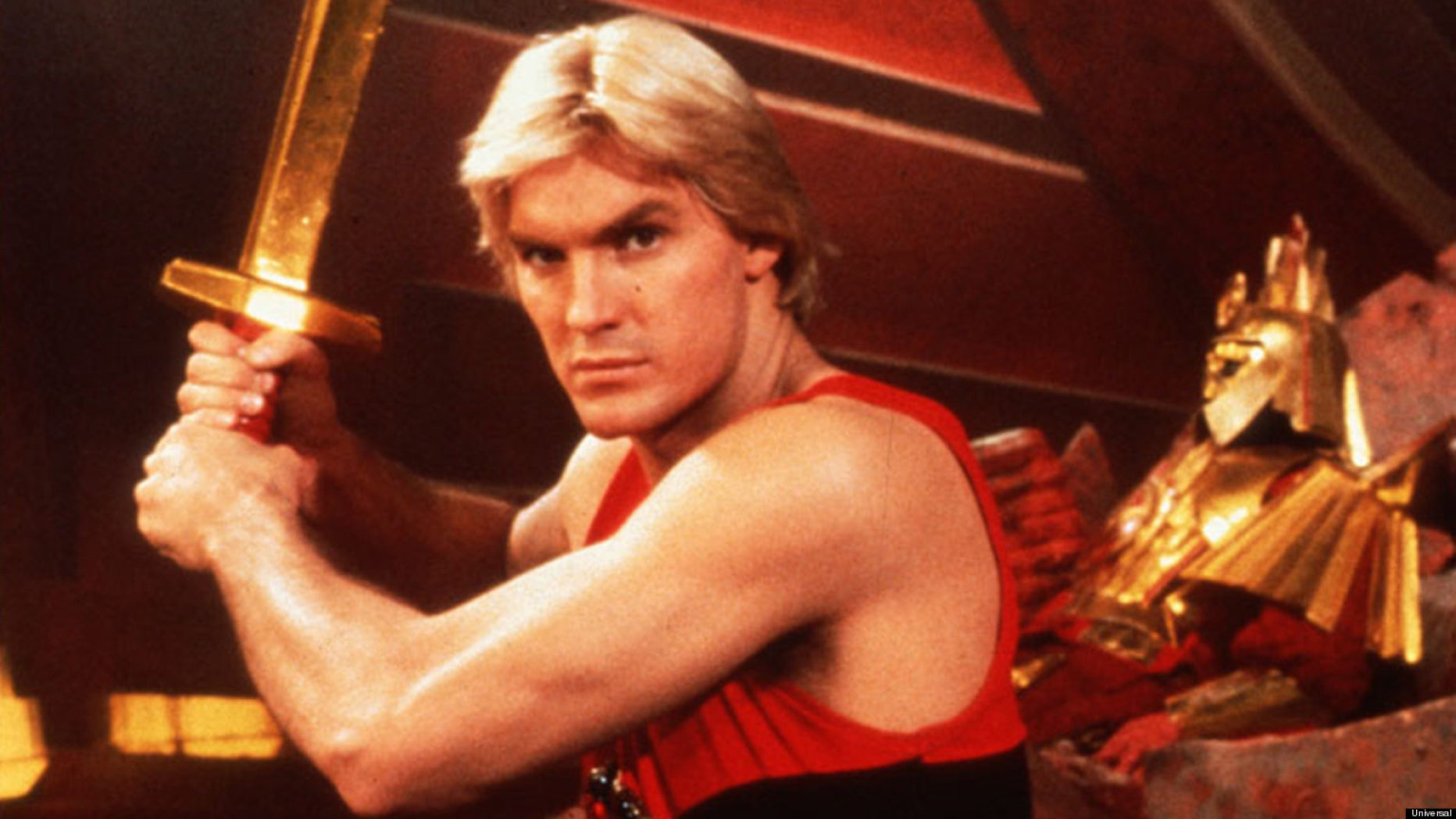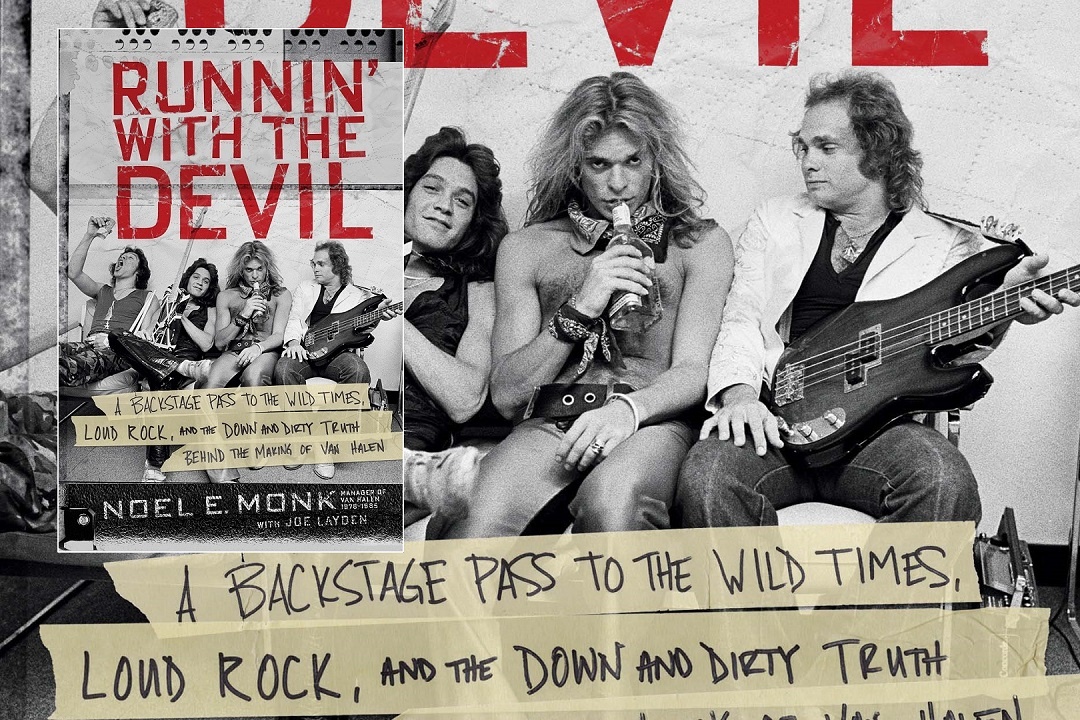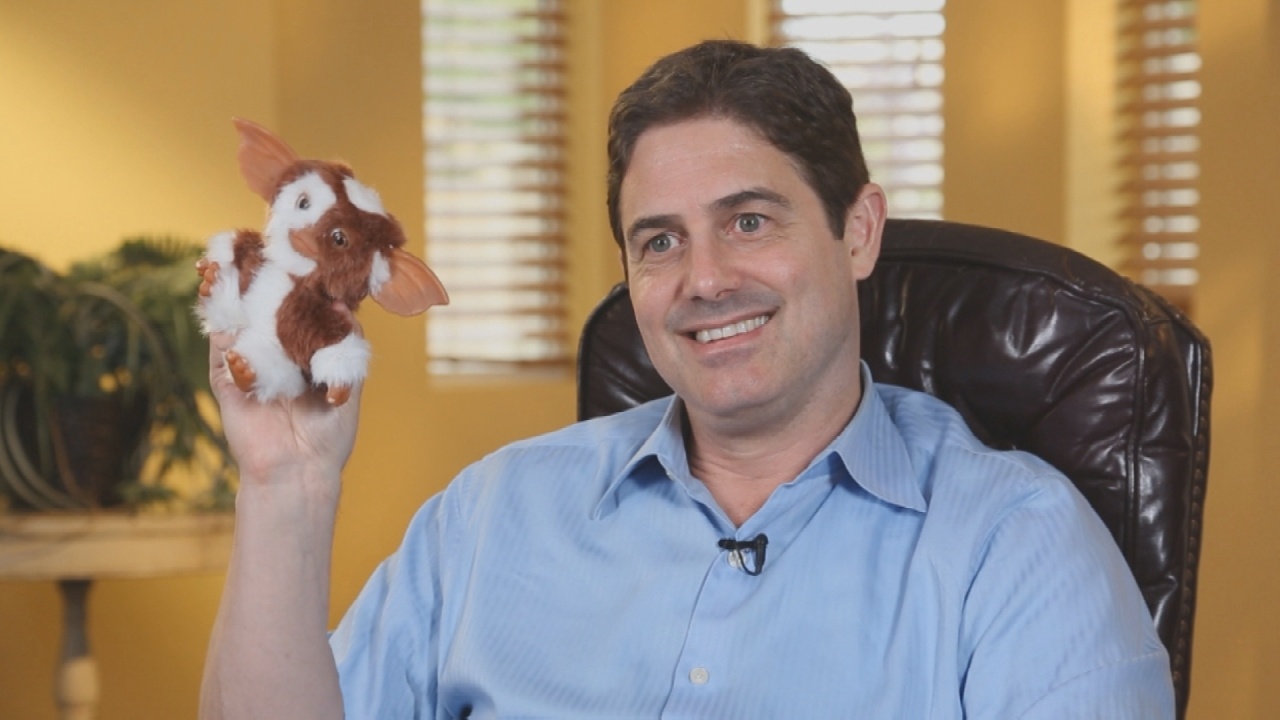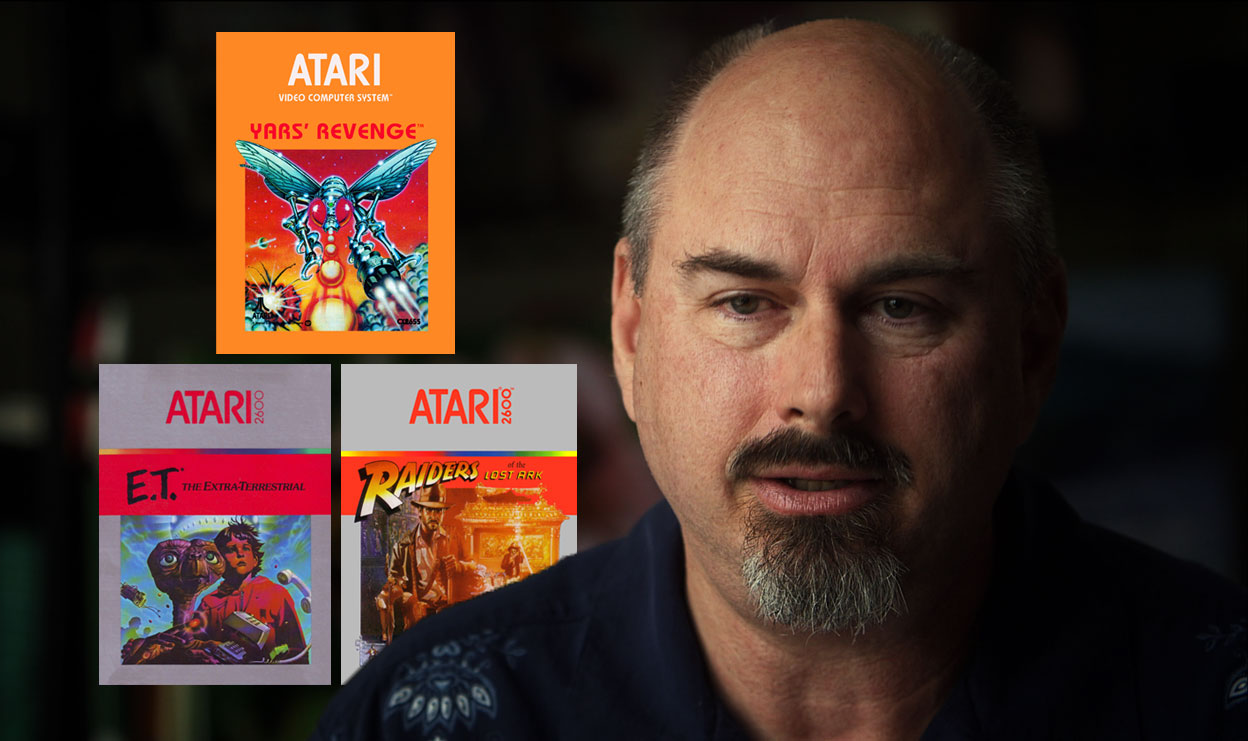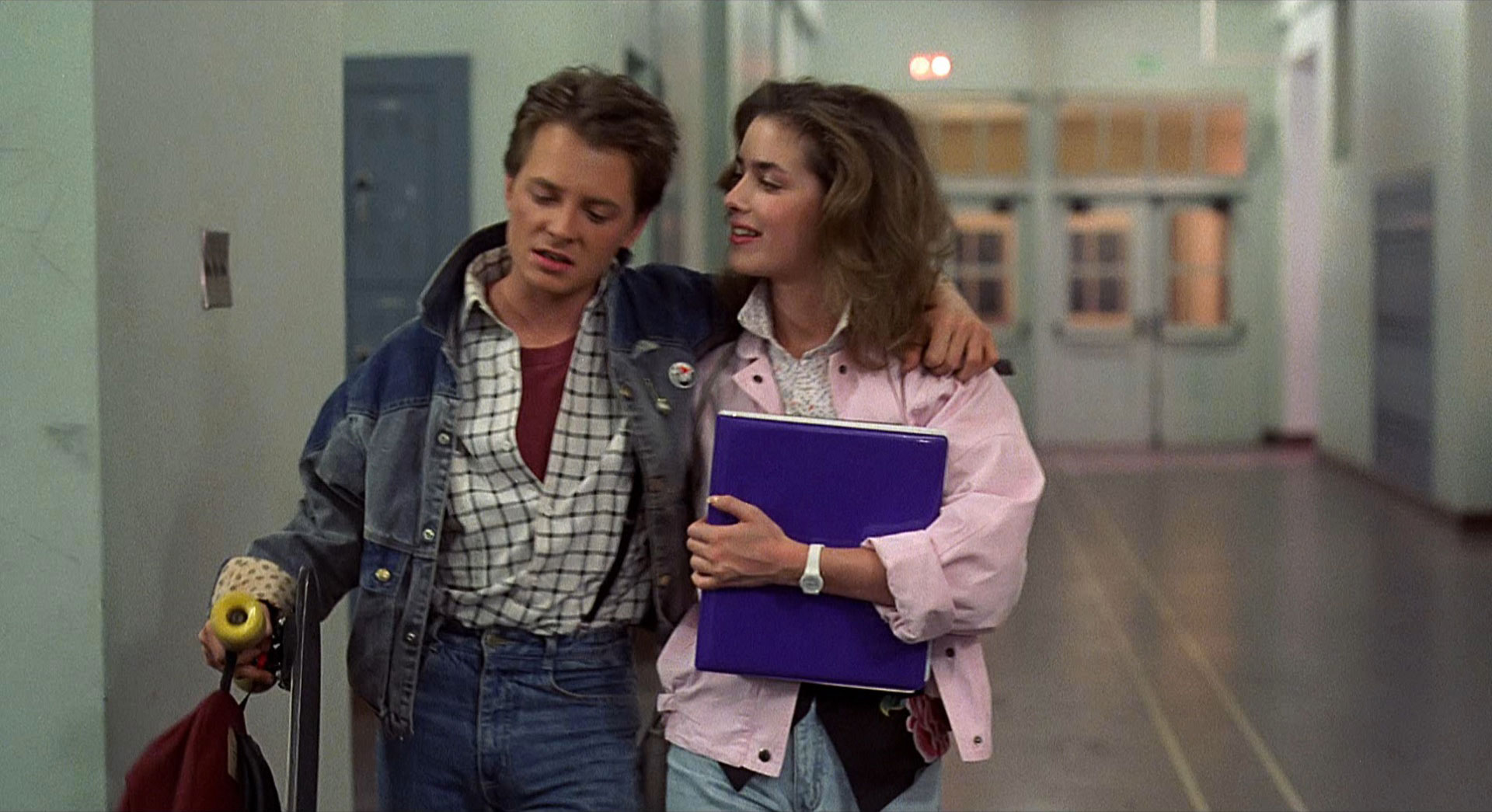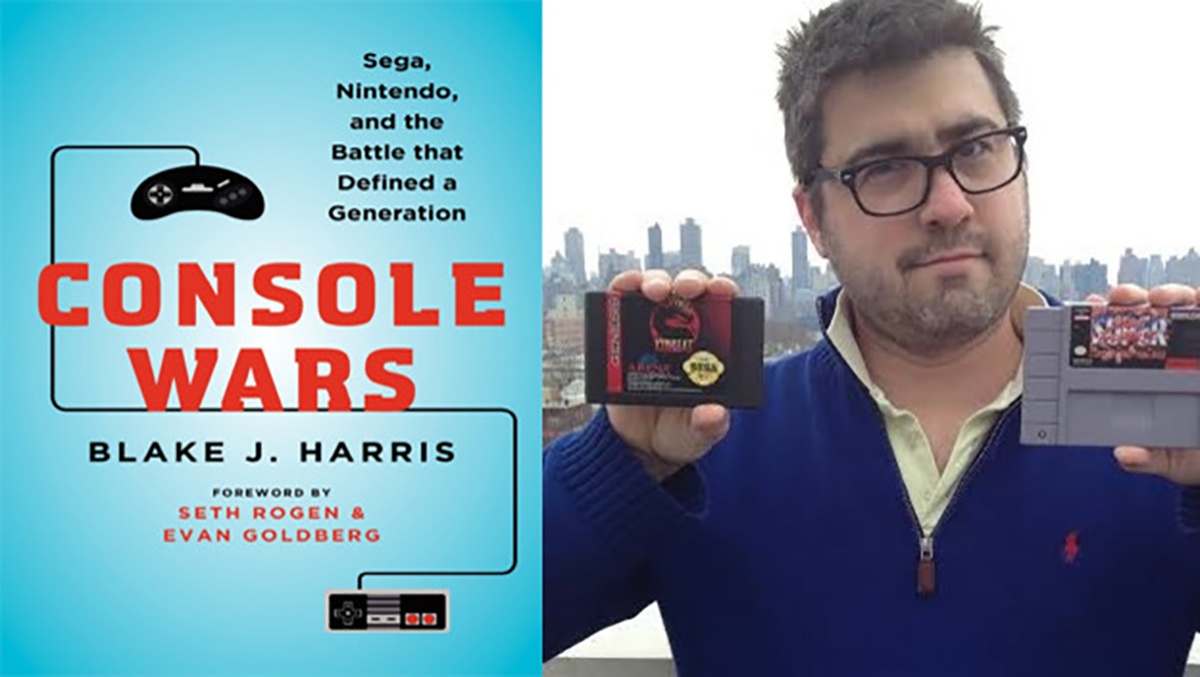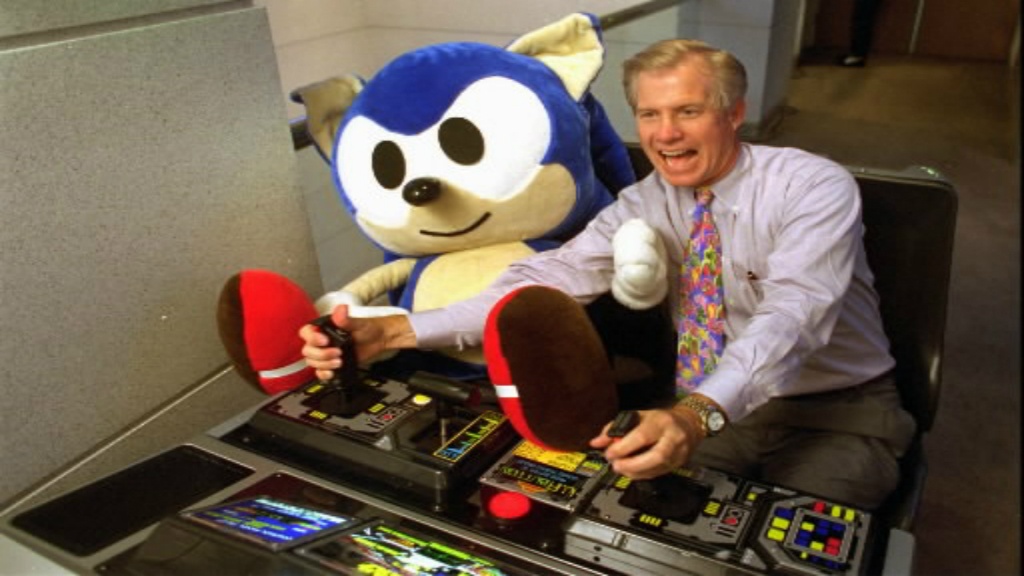If you grew up in the ’80s, you’ll definitely remember this actor.

Sam J. Jones is best known for his iconic performance as ‘Flash Gordon’ in the 1980 classic of the same name.
The film has gained a significant cult following and is notable for its soundtrack performed by the rock band Queen.
Sam is now the centerpiece of a new feature documentary called ‘Life After Flash.’
Sam was kind enough to do an interview with us.
1. Your debut in the romantic comedy “10” allowed you to beat Kurt Russell and Arnold Schwarzenegger for the role of Flash Gordon. Can you tell us how you landed the role?
SJ: Oh, it was just a long process.
It was probably an audition of, oh God, I don’t know, maybe eight or nine months because there were a couple interviews, I think in 1978 and then after that I was in Hawaii filming 10 and then had to go back to LA for another interview with Dino De Laurentiis and I think there were two or three interviews.
We didn’t have video back then, so they would film you, actually use film and a big production, you know, hair, make up, wardrobe and you go in and you rehearse the scene with the other actor and you film it. I think it started in early, probably mid-’78 and didn’t really know I had the part until, I think it was early ’79, yeah.
2. Flash Gordon has since become a cult classic with fans of science fiction and fantasy. What was your favorite experience working on the film?
SJ: Oh, well, the fact that it was steady work.
It’s a rarity to have steady work in the business. Doesn’t matter really who you are, but to be on a production for almost six months, I think it was, that’s a huge blessing. I got to work in England, I got to work with some big names back then.
3. The film is ranked No. 88 on the Rotten Tomatoes Sci-Fi List (100 Best-Reviewed Sci-Fi Movies). What do you think it will be BEST remembered for?
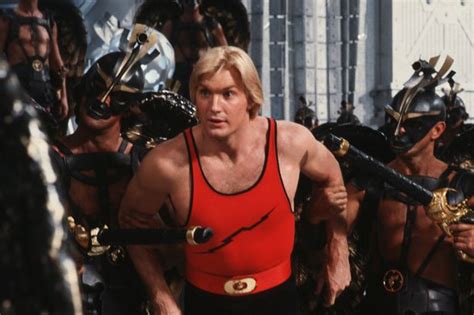
SJ: Well, I think his character.
He’s one of the few that does not have superpowers. He has to rely on his athleticism and his wit. And I think the fact that he wasn’t perfect. He had this naivete about him, you know? It was very refreshing and I believe that’s why this longevity is attest to the project.
I think that’s why it’s classified the way it is.
Popular posts like this
4. Flash Gordon is now a pop culture icon. How does it feel to have such a positive impact on generations of kids?
SJ: Oh, it’s wonderful. It really is.
Look, there’s three things in the business about being grateful. Number one, that you actually got hired to work, number two, if the project does well, and number three, if there’s any type of longevity, which it has and it is and it continues. I think, because you mentioned, there’s multiple different age demographics with the fan base that are attached to it.
And also, I mean, Flash Gordon is a visual masterpiece. I mean, the production designer, Danilo Donti, he was involved with a lot of the Fellini pictures, so I mean, visually, it really is a masterpiece. I really believe it’s a visual masterpiece.
5. You had roles on The A-Team, Baywatch and on Stargate SG-1. What has the biggest difference working on a film versus a TV show?
SJ: Well, it’s a good question.
As far as TV, unless you’re the lead actor, you’re a guest, or you’re coming into a project or production where you are a guest. Doesn’t matter what type of following you have. So I think there’s a little bit more pressure there, the fact that you’re a guest. You’re visiting, you’re a guest star or whatever.
Movies, especially if you’re the lead, you’re contract is for an extended period of time and there’s your longevity, you know? I should say consistency. Because the old rumor, Christian, was that Hollywood is very unpredictable and I say no, that’s absolutely wrong. I say in reality, Hollywood is very predictable that it will be inconsistent at all times.
6. You appeared in Seth MacFarlane’s 2012 comedy “Ted’, Can you tell us about your experience working on the movie?
SJ: Oh yeah, no I enjoyed it.
You know, when somebody calls you up and says, “Hey, we want you to play, to do a spoof, to do a parody on yourself,” I said, “Yeah, sounds great,” but once I read the script, I basically said, “Seth, this is, it’s pieces of parts of me, but it’s not really me.”
I mean, everybody partied a little bit in the ’80s, but yeah, so we talked about it and tweaked it a little bit and edited it down and I think it worked very well.
7. Lisa Downs is making a documentary about you called ‘Life After Flash.” Can you tell us a little about the project?
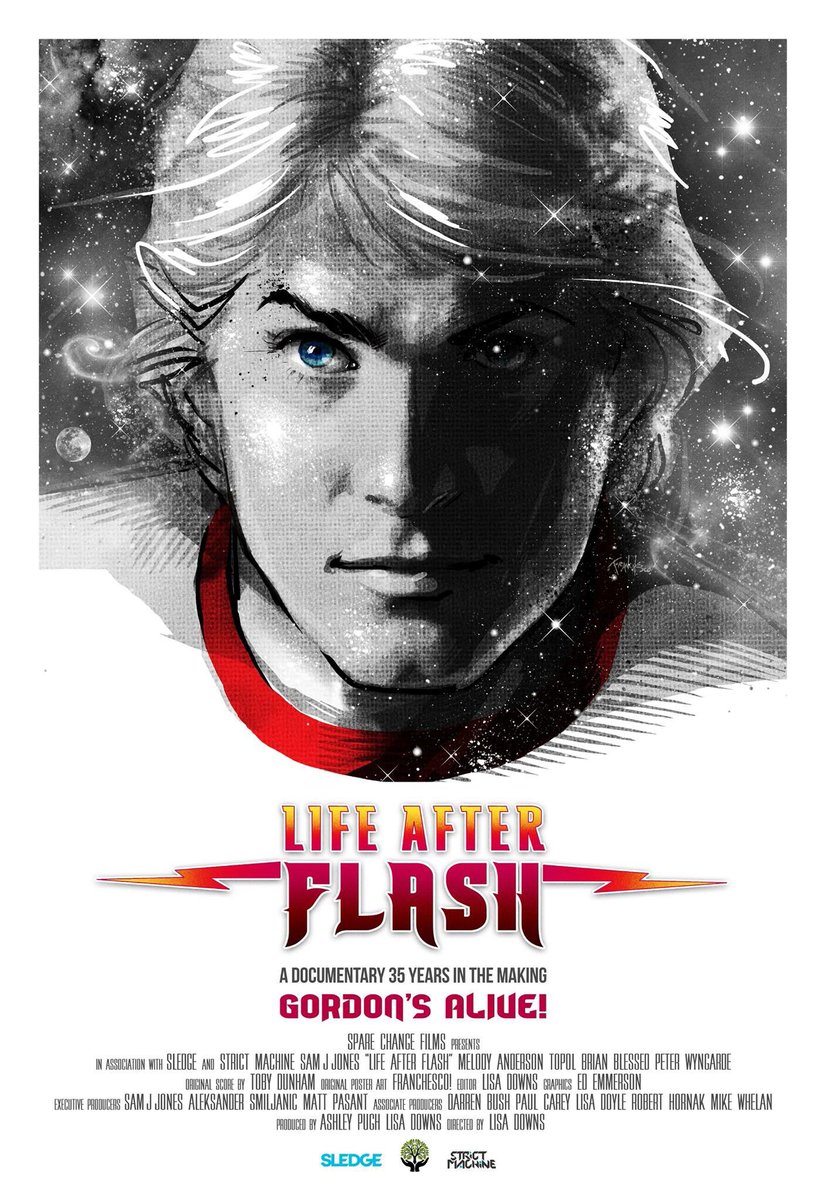
SJ: For three years, the film crew of Life After Flash shadowed me everywhere I went.
Friends, family, Comic Cons, a movie set, I mean all over the place. It was off and on, it wasn’t every day for three years, it was off and on, but I loved it. I mean, you know, you really have no idea. I mean, I didn’t know about it in the beginning, but you can’t really write the script until you’re done filming.
I mean, it’s amazing when people ask you how you feel about something or how you feel about yourself, what’s really amazing about the whole thing is what other people have to say about you. Even if it’s your peers in the movie business or especially family.
